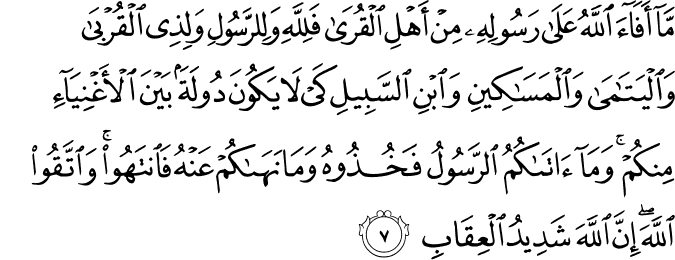Charity in Islam: Quranic Perspectives
Islam places tremendous emphasis on charity, making it not merely a virtuous act but a fundamental obligation for Muslims. As the primary source of Islamic teachings, the Quran extensively addresses the importance of charity giving through various concepts such as ‘Zakat,’ ‘Sadaqah,’ and ‘Infaq.’ These forms of giving reflect Islam’s comprehensive approach to social welfare and economic justice.
Zakat: The Obligatory Charity
The Quran explains Zakat as one of the five pillars of Islam, making it a mandatory practice for financially capable Muslims. The Quran states:

“Establish prayer and give Zakat, and whatever good you put forward for yourselves, you will find it with Allah.” (Quran 2:110)
This obligatory charity requires Muslims to annually give 2.5% of their accumulated wealth to specific categories of recipients. The Quran clearly defines these beneficiaries:

“Zakat expenditures are only for the poor and for the needy and for those employed to collect it and for bringing hearts together and for freeing captives and for those in debt and for the cause of Allah and for the traveler – an obligation imposed by Allah. And Allah is Knowing and Wise.” (Quran 9:60)
Through Zakat, the Quran establishes a systematic approach to wealth redistribution that aims to reduce poverty and promote social equality.
Sadaqah: Voluntary Charity
While Zakat is obligatory, the Quran greatly encourages Sadaqah or voluntary charity. This form of giving extends beyond financial contributions to include any act of kindness or service to others. The Quran repeatedly emphasizes the spiritual rewards of voluntary giving:

“Those who spend their wealth in the way of Allah and then do not follow up what they have spent with reminders of it or with injury will have their reward with their Lord, and there will be no fear concerning them, nor will they grieve.” (Quran 2:262)
The Quran further illustrates that even small acts of charity have significant value:
![]()
“Whoever does an atom’s weight of good will see it.” (Quran 99:7)
The Ethics of Giving
The Quran not only mandates charitable giving but also establishes ethical guidelines for how charity should be practiced:
1. Sincerity and Intention
The Quran emphasizes that charity must be given purely for Allah’s sake, not for recognition or praise:
“Those who spend their wealth in the way of Allah and do not follow up what they spend with reminders of it or with injury will have their reward with their Lord.” (Quran 2:262)
2. Giving from the Best of What One Has
The Quran encourages giving from one’s best possessions:

“O you who have believed, spend from the good things which you have earned and from that which We have produced for you from the earth. And do not aim toward the defective therefrom, spending from that while you would not take it except with closed eyes.” (Quran 2:267)
3. Giving in Both Prosperity and Hardship
True charitable character is demonstrated by giving consistently, regardless of one’s financial situation:
“Those who spend in charity during ease and hardship and who restrain anger and who pardon the people – and Allah loves the doers of good.” (Quran 3:134)
The Spiritual and Social Benefits of Charity
The Quran presents charity as having dual benefits – purifying the giver spiritually while addressing social inequalities:
Spiritual Purification

“Take from their wealth a charity by which you purify them and cause them increase.” (Quran 9:103)
Economic Justice “Charity in Islam Quran”
The Quranic vision of charity aims to ensure that wealth does not merely circulate among the privileged:

As for gains granted by Allah to His Messenger from the people of ˹other˺ lands, they are for Allah and the Messenger, his close relatives, orphans, the poor, and ˹needy˺ travellers so that wealth may not merely circulate among your rich. Whatever the Messenger gives you, take it. And whatever he forbids you from, leave it. And fear Allah. Surely Allah is severe in punishment.
